
Contact our UK-based team: : info@campbellirvine.com

What Is Cannabis Addiction? Signs & Symptoms
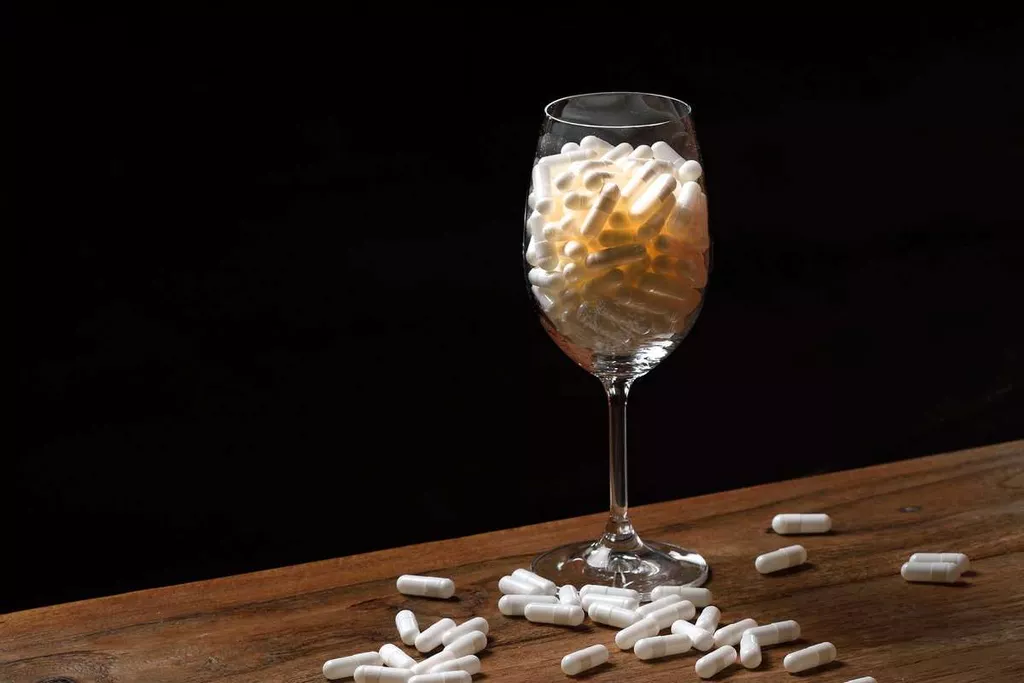
Between the two, addiction is a greater possibility with current marijuana use than it once was. Another concern with modern marijuana is that it’s far more potent than in past decades. Based on testing of confiscated samples, marijuana potency has been steadily increasing over the past few decades. Some people may find that being in a calm, non-stimulating environment helps their recovery.
- This may cause people to use the substance again to relieve their symptoms, which may lead to dependence.
- Another study found that those who begin using marijuana before the age of 18 are four to seven times more likely to develop a cannabis use disorder later in life.
- Though I was in a new environment, with new friends and countless novel experiences, I experienced everything as bland beyond belief.
- If you do smoke, don’t hold it in your lungs for more than a second.
- Currently, 31 states and the District of Columbia have laws legalizing marijuana in some form.
A 2021 National Study of Marijuana Use in the U.S.
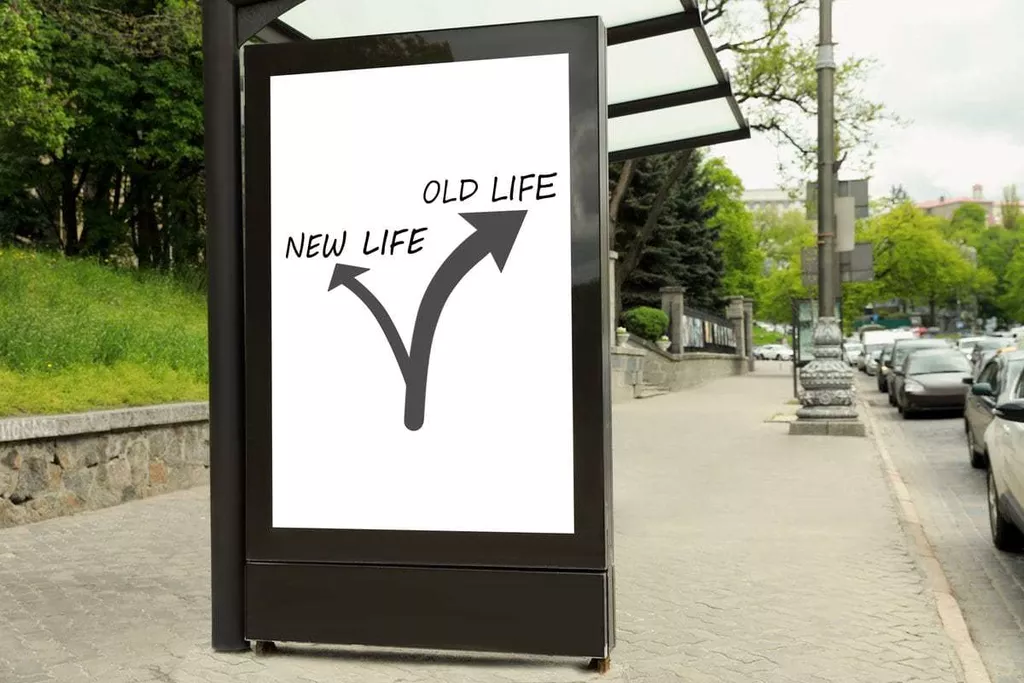
But in the long run, marijuana can do a lot of harm to your sleep. And heavy use may cause a lot of problems when you try to quit. If this happens to you, talk to your doctor about how to treat these symptoms. But they may do better when loved ones are involved in treatment. The only sure way to stop CUD from happening is to never use marijuana.
- The person experiences symptoms when they stop using the substance, which makes them feel the need to use it again.
- These children were found to have decreased verbal reasoning skills and more hyperactivity, impulsivity, and decreased attention.
- The question resurfaced in July when a new study was published in Lancet Psychiatry suggesting that it is, and that observation of cannabis addiction may be linked to an increased potency in marijuana worldwide.
Marijuana FAQs
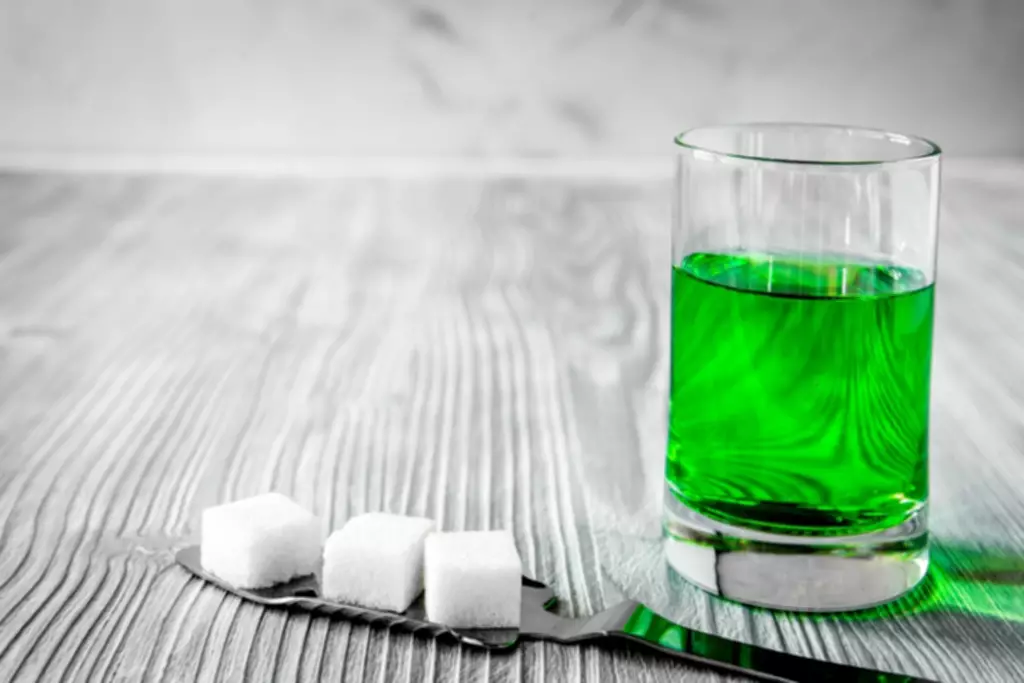
“I see it all the time in my clinical practice, and I have clients who know that they’re addicted to cannabis,” Norton said. “So they come voluntarily to get help, because they’re struggling to stop.” Cannabis meets the criteria established by the American Psychiatric Association, and the Diagnostic and Statistical Manual of Mental Disorders (DSM-IV) for substance dependence. A person needs three of the following criteria occurring at any time in the same 12-month period to meet the diagnosis of dependency. Drug abuse and addiction can be scary and uncertain, but it’s treatable, and there’s help out there.
Effects of Cannabis on the Brain
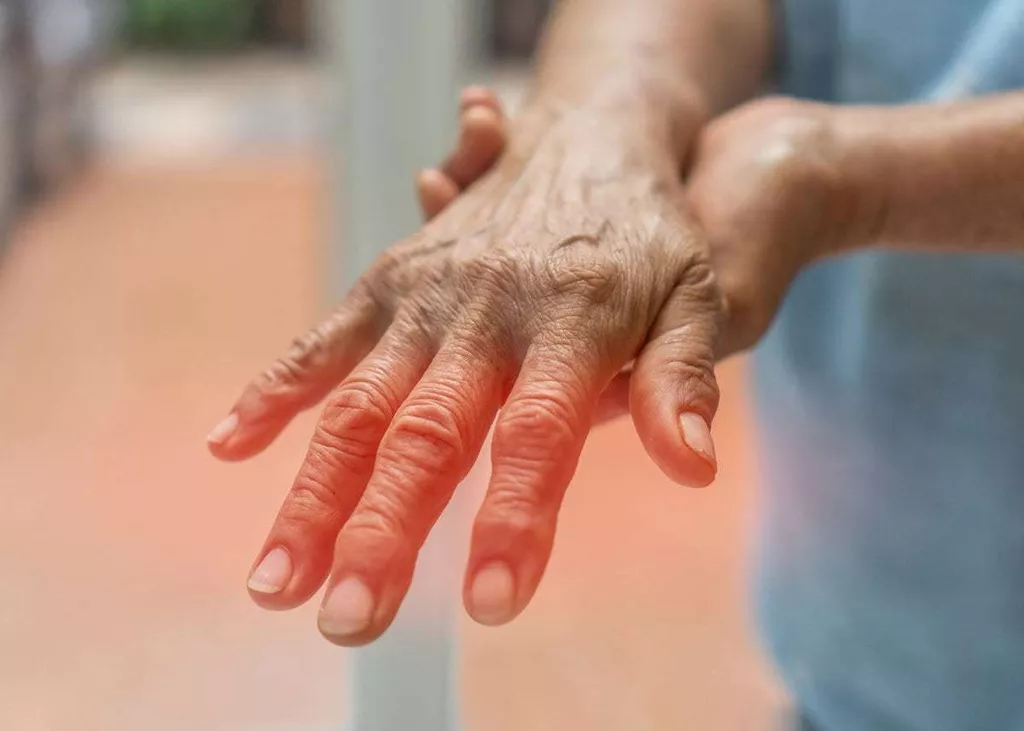
The withdrawal/negative affect stage is then triggered by opponent-process responses following binge episodes. These opponent-process responses are marked by within-systems and between-systems neurobiological changes that drive the loss of motivation towards non-drug rewards and impaired emotion regulation seen in this stage. Scientific evidence supporting cannabis dependence is mounting. https://ecosoberhouse.com/ Brain imaging studies have shown changes in the reward centers of regular cannabis users, similar to those seen in other forms of addiction.

In cannabis users, there were also significant positive correlations between cue-induced self-rated craving for cannabis and BOLD responses within the mesocorticolimbic system and in the insula. The latter data supports the addictive model of cannabis as insula activation may serve as a biomarker to help predict relapse (Filbey et al. 2016). This brain region contributes to interoceptive awareness of negative emotional states and is differentially activated during craving (Koob and Volkow 2016). This is also consistent with prior findings that the dopaminergic reward system is reactivated during acute craving episodes (Volkow et al. 1999b, 2005; Koob and Volkow 2016). Overall, these studies demonstrates that chronic cannabis use sensitizes the mesocorticolimbic-reward system to cannabis cues and to THC (Volkow et al. 1996a; Filbey et al. 2016). These findings suggest that chronic cannabis use affects key brain circuits involved in the reward system similar to other drugs of abuse.
Adverse Social Effects
This condition can be diagnosed by a healthcare professional such as a medical doctor or psychologist. Treatment methods include psychotherapy (talk therapy) and medications. More specifically, motivational interviewing, contingency management, and cognitive behavioral therapy (CBT) may be used. Medications to control cravings may be used alongside nonmedicinal interventions. The negative effects of marijuana are not limited to recreational marijuana. Like other medicinal treatments for medical conditions, medicinal marijuana can have negative effects even though it is used to treat medical conditions.
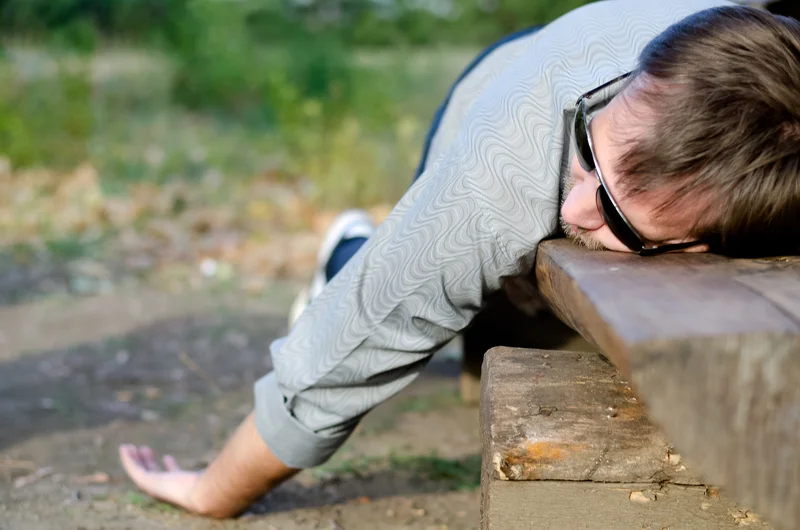
Marijuana Addiction
- Key to navigating this is building a robust set of healthy coping mechanisms for stress, anxiety, and life’s larger hurdles, which can significantly reduce the appeal of turning to substances for relief.
- Unfortunately, there is a dark side to all this neural spotlighting.
- Like the possible risk of chronic conditions such as schizophrenia, the chances of cannabis use disorder are greater the younger you start marijuana and the more heavily you use it.
- Despite its widespread use, many more studies are needed to understand how regular marijuana use may affect your brain and body.
People who use marijuana frequently can marijuana addiction experience psychological dependence and mental side effects that make it challenging to quit. There are no FDA-approved medications to treat marijuana use disorder specifically, but medications can help address accompanying issues like insomnia or co-occurring mental health disorders like depression or anxiety. Marijuana use disorder is a growing problem, but fortunately, addiction treatment can be effective in addressing marijuana addiction. Like other drug abuse treatments, the treatment programs for marijuana use disorder are tailored to the individual and their unique use patterns, history, and possible co-occurring disorders. Cannabis use disorder can range from mild to moderate to severe. Like other addictions, cannabis use disorder can cause problems with physical or mental health and serious disruptions to work, school, or interpersonal relationships.
How Do You Know If You Have CUD?
Like the possible risk of chronic conditions such as schizophrenia, the chances of cannabis use disorder are greater the younger you start marijuana and the more heavily you use why is weed so addicting it. For instance, the odds of addiction are 1 in 6 if you use marijuana in your teens. It might be as high as 1 in 2 among those who use it every day. About 1 in 10 people who use marijuana get addicted or have cannabis use disorder. This means you can’t stop using it even if it harms your relationships, school, job, health, or finances. The CDC states that you have a 10% risk of a cannabis use disorder if you use marijuana.

